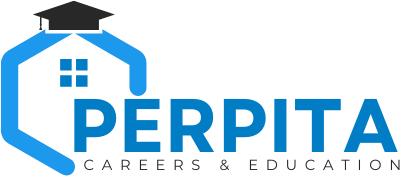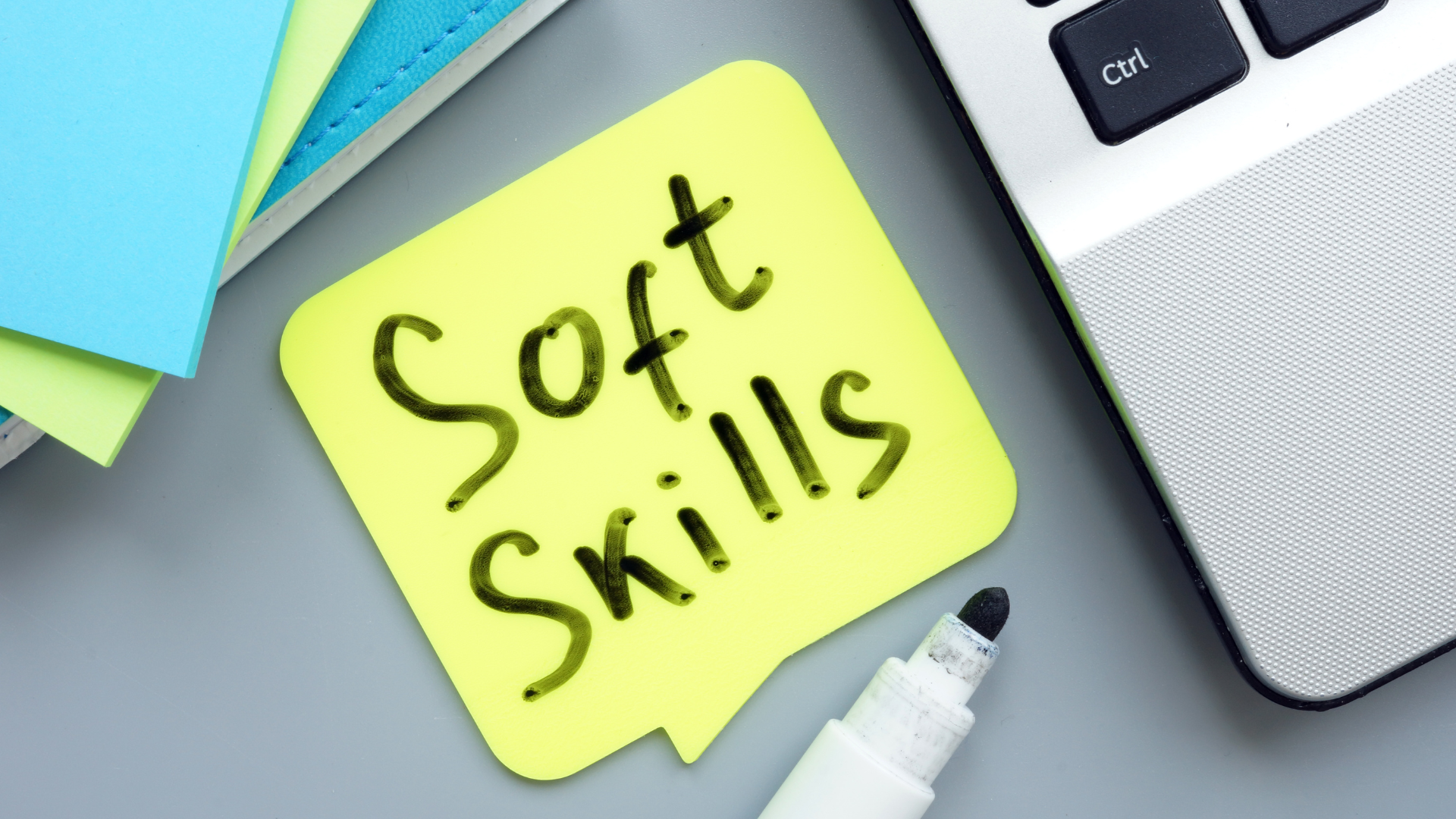Soft skills are a set of interpersonal and communication abilities that are essential for success in the modern workplace. They include qualities such as emotional intelligence, time management, critical thinking, problem-solving, and conflict resolution. In today’s job market, employers are increasingly placing a premium on soft skills, as they are critical to effective communication, teamwork, and overall job performance. This article will explore the importance of mastering soft skills for career success.
Emotional Intelligence
Emotional intelligence (EQ) refers to the ability to understand and manage one’s own emotions and the emotions of others. People with high EQ are able to maintain positive relationships, even in challenging situations. EQ also helps individuals handle stress and maintain a healthy work-life balance. By developing emotional intelligence, individuals can improve their relationships with coworkers, manage workplace conflicts, and maintain a positive attitude even in challenging situations.
Time Management
Time management is the process of planning and organizing how much time to spend on specific activities. Effective time management is crucial for success in today’s fast-paced work environment. By mastering time management skills, individuals can prioritize their workload, reduce stress, and improve their productivity. This, in turn, can lead to better job performance and greater job satisfaction.
Critical Thinking
Critical thinking is the ability to analyze information objectively and make sound decisions. It involves the ability to identify and evaluate arguments, assess the reliability of sources, and distinguish between fact and opinion. By developing critical thinking skills, individuals can solve problems more effectively, make better decisions, and communicate their ideas more effectively.
Problem-Solving
Problem-solving is the process of finding solutions to problems. Effective problem-solving requires critical thinking, creativity, and the ability to work collaboratively with others. By mastering problem-solving skills, individuals can identify and resolve problems more effectively, and work together to find creative solutions to workplace challenges.
Conflict Resolution
Conflict resolution is the process of resolving disputes between individuals or groups. Effective conflict resolution requires strong communication skills, empathy, and understanding of different perspectives. By developing conflict resolution skills, individuals can effectively handle workplace conflicts and maintain positive relationships with their coworkers.
Active Listening
Active listening is the ability to fully concentrate on, understand, and respond to what someone is saying. It involves paying attention not only to the words being said but also to the tone of voice and body language of the speaker. Active listening skills are essential for effective communication and building strong relationships with coworkers. By developing active listening skills, individuals can improve their ability to understand the needs and perspectives of others, communicate more effectively, and resolve conflicts more efficiently.
Collaboration
Collaboration is the process of working together with others to achieve a common goal. Effective collaboration requires strong communication skills, teamwork, and the ability to work effectively with individuals from diverse backgrounds. By mastering collaboration skills, individuals can work more effectively with their coworkers, solve problems more efficiently, and contribute to a positive work environment.
Adaptability
Adaptability is the ability to change and adjust to new situations, tasks, and environments. In today’s fast-paced work environment, adaptability is critical for success. By developing adaptability skills, individuals can handle change effectively, learn new skills quickly, and respond to new challenges with confidence. This, in turn, can help individuals grow and advance in their careers, and contribute to their overall job satisfaction.
Teamwork
Teamwork is the ability to work effectively with others to achieve common goals. It requires effective communication, collaboration, and the ability to compromise and resolve conflicts. By developing teamwork skills, individuals can work more efficiently, improve their job performance, and build stronger relationships with their coworkers. Whether working on a project or dealing with a difficult situation, individuals who have mastered teamwork skills are more likely to achieve success in the workplace.
Communication Skills
Communication skills refer to the ability to express ideas effectively, listen actively, and understand others. Effective communication is crucial for building strong relationships, resolving conflicts, and achieving success in the workplace. By developing strong communication skills, individuals can convey their ideas more clearly, understand the perspectives of others, and build trust and rapport with coworkers. Whether through face-to-face conversations, email, or other forms of communication, individuals who have mastered communication skills are better equipped to succeed in the workplace.
Mastering soft skills is essential for success in the modern workplace. By developing emotional intelligence, time management, critical thinking, problem-solving, and conflict resolution skills, individuals can improve their job performance, increase their marketability, and enhance their overall career prospects. By investing in their soft skills development, individuals can take control of their careers and position themselves for success in today’s fast-paced job market.


